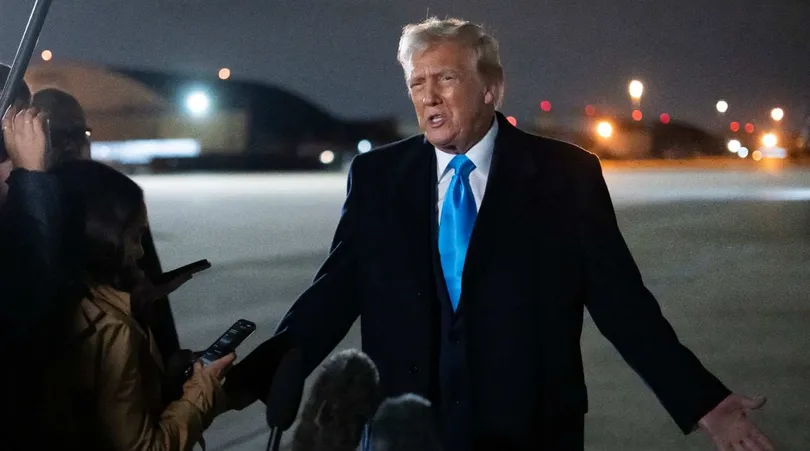President Donald Trump has announced a one-month delay on the proposed 25% tariffs on auto imports from Mexico and Canada, following last-minute negotiations with both nations. The decision, which was set to go into effect this month, was temporarily paused to allow Mexico and Canada to implement security commitments aimed at reducing illegal migration and drug trafficking.
The move has sparked relief in the auto industry but also raised questions about whether these tariffs will ultimately be enforced or scrapped altogether.
#BREAKING - Premier Ford says it’s his understanding that Trump indicated to the PM that there would be no auto tariffs for a month, but that he hasn’t been fully briefed on it. Says it will do nothing to change retaliatory efforts “We will not budge, zero tariffs and that’s it”
Why Did Trump Delay the Tariffs?
Key Reasons for the Tariff Postponement:
Mexico agreed to deploy 10,000 National Guard troops to tighten border security.
Canada appointed a ‘Fentanyl Czar’ to combat drug smuggling into the U.S.
The U.S. auto industry lobbied heavily, warning that tariffs would drive up car prices.
What Was the Original Plan?
President Trump had initially planned to impose 25% tariffs on Mexican and Canadian auto imports as part of his "America First" trade policy. The goal was to pressure both nations to cooperate on border control and national security.
How Mexico and Canada Convinced Trump to Hold Off
Mexico’s Commitments
To avoid economic disruption, Mexico agreed to:
Deploy 10,000 National Guard troops to its northern border to combat illegal immigration.
Increase efforts to stop drug trafficking, particularly fentanyl, which has been a major concern for U.S. authorities.
Canada’s Commitments
The Canadian government responded to U.S. demands by:
Appointing a ‘Fentanyl Czar’, a senior official dedicated to overseeing anti-drug operations.
Establishing a Joint Strike Force with the U.S. to target criminal networks involved in drug trafficking and smuggling.
How the Auto Industry Reacted
U.S. automakers like General Motors, Ford, and Stellantis have welcomed the delay, as the proposed tariffs could have significantly increased production costs.
Industry Warnings:
- Potential rise in car prices for American consumers.
- Job losses in the auto sector due to disrupted supply chains.
- Economic strain on North American trade relations if tariffs proceed.
Stock Market Impact:
Following Trump’s decision, auto stocks surged, with GM, Ford, and Stellantis seeing stock price increases.
Will the Tariffs Be Implemented After the One-Month Delay?
The delay gives Mexico and Canada time to prove they are honoring their security commitments.
If Trump is unsatisfied with progress, he may move forward with the tariffs in April.
Trade experts believe the delay suggests Trump may be open to renegotiating instead of enforcing full tariffs.
Statement from Trump Administration Official:
"The president remains firm on protecting American industry, but he’s willing to give our partners a chance to step up and meet their commitments."

